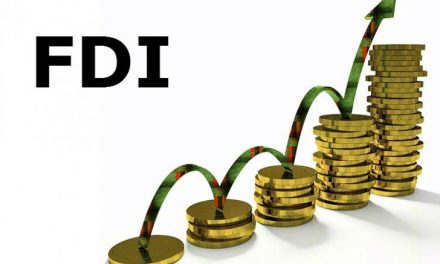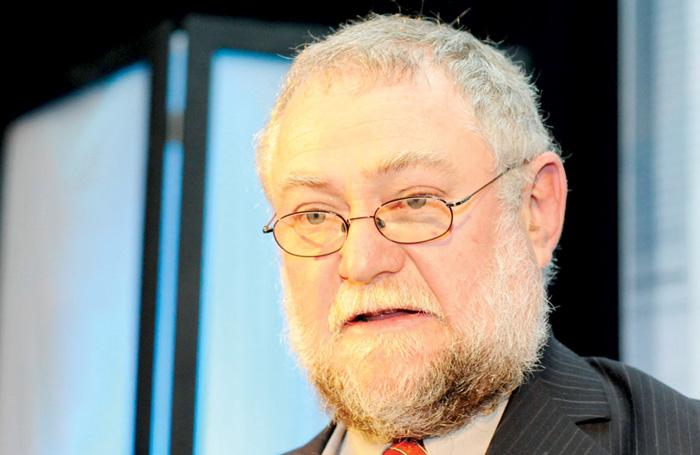
Tilman Friedrich’s Benchmark, Aug/Sep 13
 Tilman Friedrich is a qualified chartered accountant and a Namibian Certified Financial Planner ® practitioner, specialising in the pensions field. He is a member of the legal and technical committee of RFIN. Tilman is co-founder, shareholder and managing director of RFS, retired chairperson, now trustee of the Benchmark Retirement Fund.
Tilman Friedrich is a qualified chartered accountant and a Namibian Certified Financial Planner ® practitioner, specialising in the pensions field. He is a member of the legal and technical committee of RFIN. Tilman is co-founder, shareholder and managing director of RFS, retired chairperson, now trustee of the Benchmark Retirement Fund.
Since the steep fall in global financial markets in June, in consequence of a comment by Fed Chairman Bernanke of a tapering of the Fed’s large scale asset purchase (LASP) programme, nervousness in markets has subsided. However, traders and investors have taken a cue and are a lot more cautious. This manifests more prominently in the fixed interest markets where interest rates have moved off their lows already. US benchmark 10-year notes are currently hovering around 2.4%, off a low of 1.65%. This may not seem much in absolute terms, however for the investor this represents a capital loss of 32%! Equity markets are currently wavering between fear and the hope that the Fed’s LASP programme will continue.
The question in the investor’s mind will be when the Fed will start tapering its LSAP programme. Until such time as this becomes clearer, equity markets are likely to remain volatile, fertile ground for the speculator but a time where a long-term investor needs to sit tight and ‘turn a blind eye’ to any downturn in the markets. At this stage, the Fed is unlikely to change direction until a new board of governors under a new chairperson has taken the reigns and has settled in. This will possibly only be early next year, while chairman Bernanke is likely to be replaced in the next 2 months or so.
Local indicators also evidence the expectation of a tapering of the LSAP programme. Interest rates have started to tick up in the face of declining foreign flows into local bonds. Foreign investment flows into local equities have virtually dried up with an inflow in July of a mere N$ 463 million. These developments have no doubt also contributed to the weakening of the Rand.
Are we now moving into the ‘muddle through’ phase of global economies? Despite some positive economic indicators coming out of the US and Europe, it is unlikely that we will see a dramatic improvement of global economies. There will likely be a slow shift of investment flows from equity markets to bond markets as investors see value in higher interest levels and try to capitalise on mispricing of assets that is likely to occur. A concerted global recovery will most likely only happen in a year or two and is likely to be slow.
The general expectation of commentators is that deleveraging of bloated balance sheets will happen through inflation, i.e. asset values blown up through excessive money supply will depreciate in real terms, through inflation. The article ‘The pressing need to deleverage raises spectre for deflation’ on the RFS website, hints towards another scenario for deleveraging. The last time this happened was long before most of us were born and we would therefore find it difficult to relate to such a scenario. Deflation would imply negative inflation coupled with very low interest rates, rather than high inflation coupled with high interest rates, i.e. the value of assets and incomes would decline, the end result being the same though. Psychologically, deflation is likely to be perceived much more negatively than inflation and the impact on consumption and the economy is likely to be much worse than in an inflationary environment.














































